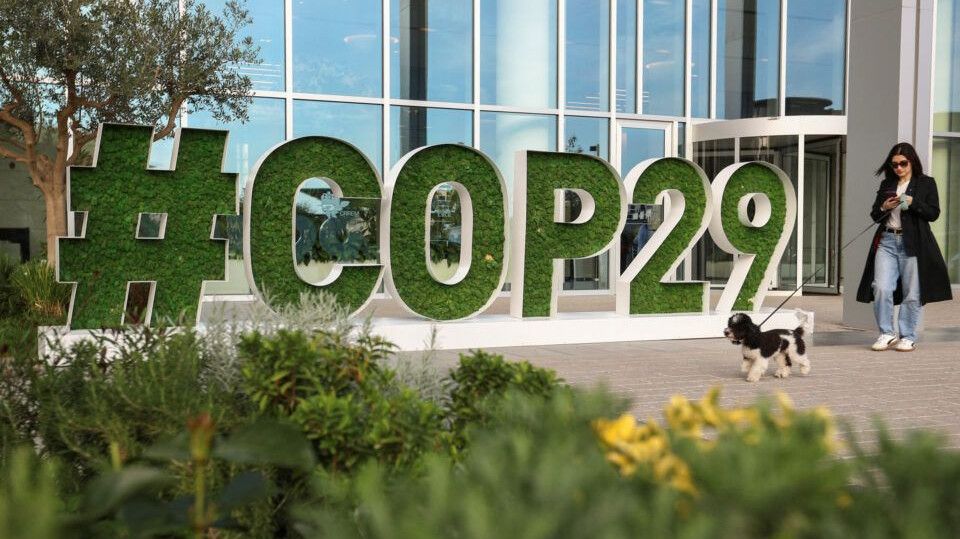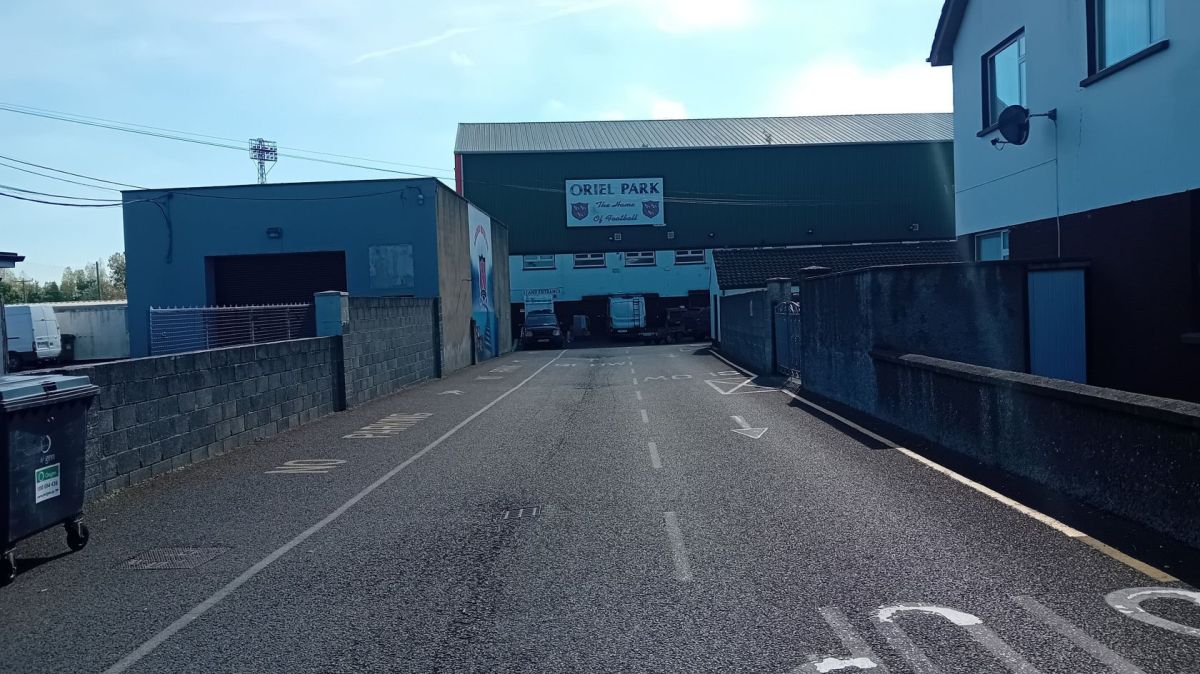Funding for 17 initiatives was allotted to promote peace and reconciliation, including those in areas that believe the Good Friday Agreement of 1998 has not yet brought about peace dividends.
According to fund chair Paddy Harte, the programs operate in "incredibly challenging environments" where paramilitaries continue to have power and where problems around culture and identity generate significant disagreement.
"We recognise that a lot of progress has been made but the reality on the ground indicates that there are many who feel that the peace process has not delivered what it should have, particularly in the most vulnerable and marginalised communities across Northern Ireland and the border counties of Ireland," he stated.
"Our projects are working within incredibly challenging environments where issues around culture, identity, flags, bonfires, sectarianism, trauma and ongoing paramilitary influences are causing deep division,"
said Mr. Harte.
Instilling confidence and "offering more positive life choices" are among the focused interventions for at-risk youth that Mr. Harte said are made possible by part of the funds.
"By empowering young people to take control of their lives, we can give communities the tools to help create stability and opportunity for future generations," he stated.
The Personal Youth Development Programme (PYDP) has granted funding to ten initiatives, while the Communities in Partnership Programme (CiPP) has provided support to six projects that aim to strengthen cross-border relationships and increase community resilience.















